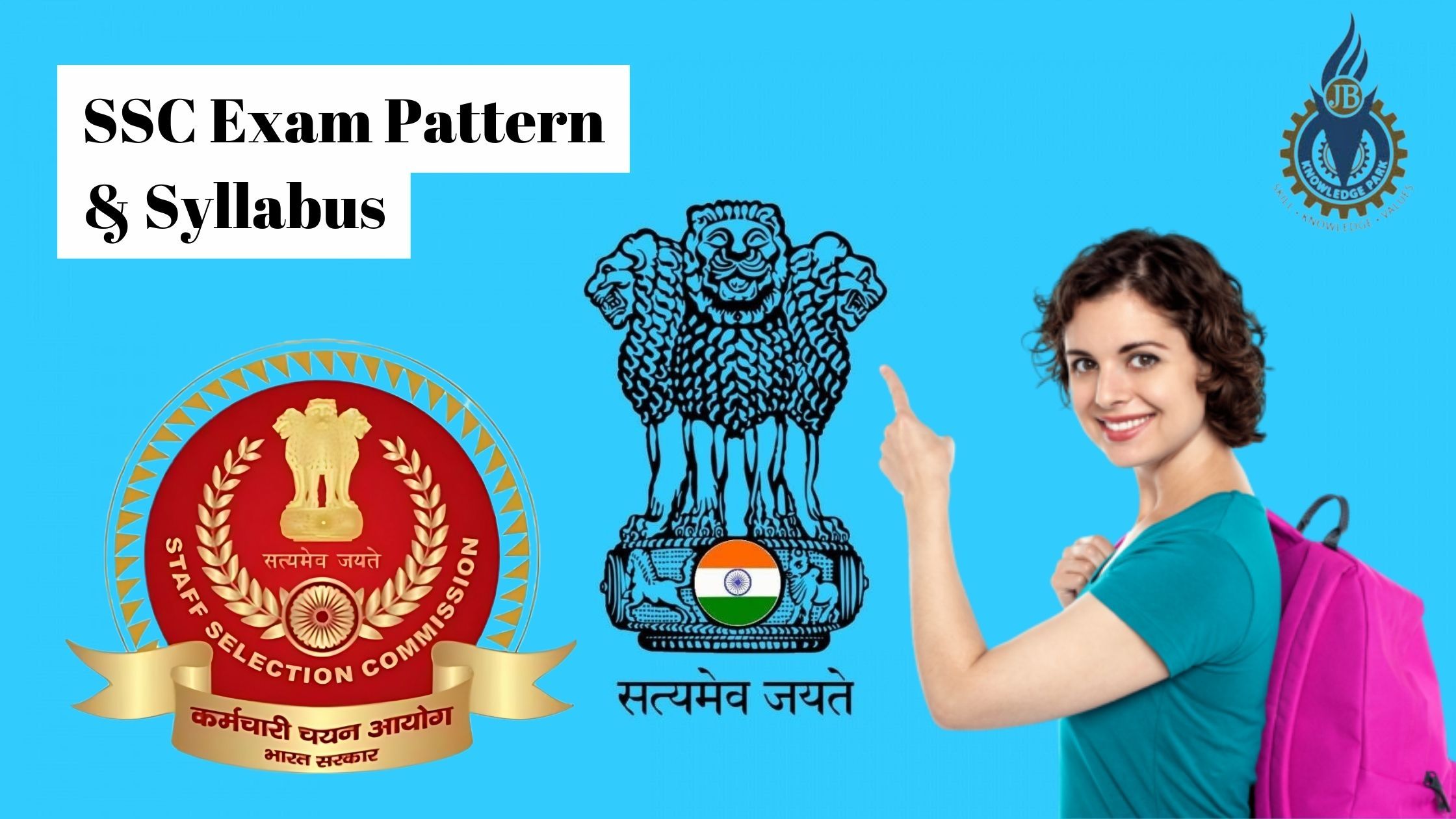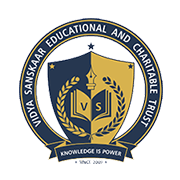Introduction
The Staff Selection Commission (SSC) is one of the most sought-after recruitment bodies in India, conducting examinations for various government job vacancies. It plays a crucial role in hiring skilled individuals for central government ministries, departments, and organizations. Given the stability, respect, and financial benefits that SSC jobs offer, millions of aspirants apply for SSC exams every year.
The SSC exams cater to candidates from different educational backgrounds, including graduates, 10+2 pass students, and matriculation-level applicants. Whether you are aiming for a Group B administrative post, a clerical position, or a technical job, SSC provides numerous opportunities.
However, the high competition level and the structured multi-tiered selection process make it necessary for candidates to thoroughly understand the exam pattern and syllabus. Without proper guidance and preparation, cracking these exams can be challenging.
In this blog, we will provide an in-depth analysis of:
- Different SSC exams and their significance
- Tier-wise structure of major SSC exams
- Detailed syllabus for each section
- Tips to prepare efficiently and increase your chances of selection
If you are preparing for SSC CGL, CHSL, MTS, or any other SSC exam, this guide will help you strategize your preparation for 2025 and beyond.
List of SSC Exams Conducted by the Commission
The SSC conducts multiple competitive exams every year to recruit candidates for various posts. Here’s a list of major SSC exams and the job profiles they cover:
1. SSC CGL (Combined Graduate Level Exam)
- For graduates aspiring for Group B & Group C positions in central government departments.
- Includes posts like Assistant Audit Officer, Income Tax Inspector, Assistant Section Officer, Sub-Inspector, Accountant, etc.
2. SSC CHSL (Combined Higher Secondary Level Exam)
- For 10+2 pass candidates aiming for clerical positions.
- Includes posts like Lower Division Clerk (LDC), Postal Assistant, Data Entry Operator (DEO).
3. SSC MTS (Multi-Tasking Staff Exam)
- For matriculation (10th pass) candidates seeking non-technical government jobs.
- Includes posts like Peon, Clerk, Gardner, Watchman, Safaiwala, etc.
4. SSC GD Constable Exam
- For candidates applying for General Duty Constable positions in paramilitary forces (BSF, CRPF, CISF, ITBP, etc.).
5. SSC CPO (Central Police Organization Exam)
- For Sub-Inspector posts in Delhi Police, CAPFs, and CISF.
6. SSC JE (Junior Engineer Exam)
- For engineering graduates/diploma holders applying for technical roles in government departments.
7. SSC Stenographer Exam
- For candidates proficient in stenography, applying for Stenographer Grade C & D posts.
8. SSC Selection Post Exam
- Conducted for specialized posts in various government departments.
Each of these exams follows a unique structure that candidates need to be aware of.
SSC Exam Pattern – A Tier-Wise Breakdown
Most SSC exams are conducted in multiple stages, including:
- Tier I – Preliminary Test (Computer-Based Test)
- Tier II – Mains Exam (Computer-Based/Descriptive Paper)
- Tier III – Skill Test/Physical Test (Varies by exam)
- Tier IV – Document Verification
Now, let’s explore the exam pattern of major SSC exams.
1. SSC CGL Exam Pattern (Combined Graduate Level Exam)
Tier I – Preliminary Exam (CBT)
| Subject | Number of Questions | Marks | Duration |
| General Intelligence & Reasoning | 25 | 50 | 1 Hour |
| General Awareness | 25 | 50 | 1 Hour |
| Quantitative Aptitude | 25 | 50 | 1 Hour |
| English Language | 25 | 50 | 1 Hour |
| Total | 100 | 200 | 1 Hour |
Negative Marking: 0.50 marks deducted per wrong answer.
Tier II – Mains Exam (CBT)
| Paper | Subject | Marks | Duration |
| Paper I | Quantitative Aptitude | 200 | 2 Hours |
| Paper II | English Language | 200 | 2 Hours |
| Paper III | Statistics | 200 | 2 Hours |
| Paper IV | General Studies (Finance & Economics) | 200 | 2 Hours |
Tier III – Descriptive Paper (Offline Mode)
- Essay/Letter/Precis Writing – 100 Marks
- Duration: 1 Hour
Tier IV – Skill Test/Computer Proficiency Test (CPT)
- CPT – For Tax Assistant, Assistant Section Officer.
- DEST – Typing speed of 8000 key depressions per hour required.
SSC Syllabus – Subject-Wise Breakdown
Understanding the syllabus is crucial for structured preparation. Below is a detailed syllabus for SSC exams.
1. General Intelligence & Reasoning
- Logical Reasoning
- Coding-Decoding
- Blood Relations
- Puzzles & Seating Arrangements
- Syllogism
- Direction Sense
2. General Awareness
- Current Affairs
- History & Geography
- Indian Polity
- Science & Technology
- Economics
3. Quantitative Aptitude
- Number System
- Algebra & Geometry
- Time & Work
- Profit & Loss
- Trigonometry
4. English Language
- Grammar
- Vocabulary
- Reading Comprehension
- Cloze Test
How to Prepare for SSC Exams?
1. Understand the Exam Pattern
- Go through the official SSC notifications for your chosen exam.
2. Follow a Daily Study Plan
- Allocate specific hours for each subject.
3. Practice Mock Tests
- Attempt daily quizzes and full-length tests.
4. Refer to Standard Books
- General Awareness: Lucent’s GK
- Quantitative Aptitude: R.S. Aggarwal
- English Language: Wren & Martin
5. Stay Updated with Current Affairs
- Read newspapers and magazines like The Hindu, PIB, etc.
Conclusion
SSC exams offer a gateway to a secure and prestigious career in the government sector. Given the intense competition, understanding the exam pattern, syllabus, and preparation strategy is essential.
Final Tips for Success in SSC Exams
- Start Early & Stay Consistent – Consistency is key to long-term success.
- Solve Previous Year Papers – Helps in understanding exam trends.
- Focus on Accuracy & Speed – Attempt maximum questions with precision.
- Stay Motivated – Government exams require dedication & patience.
With determination, strategic preparation, and effective time management, you can secure your dream government job through SSC.
Also Visit Tips to Crack UPSC in First Attempt







